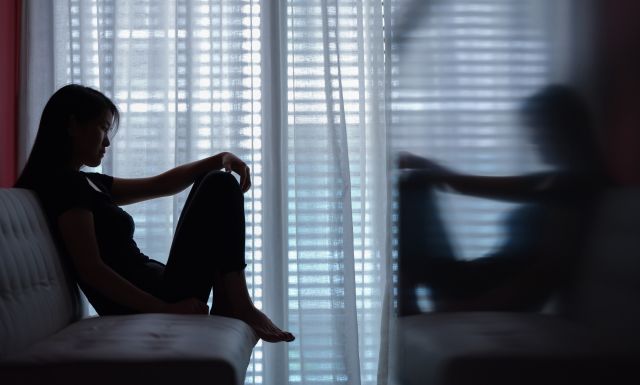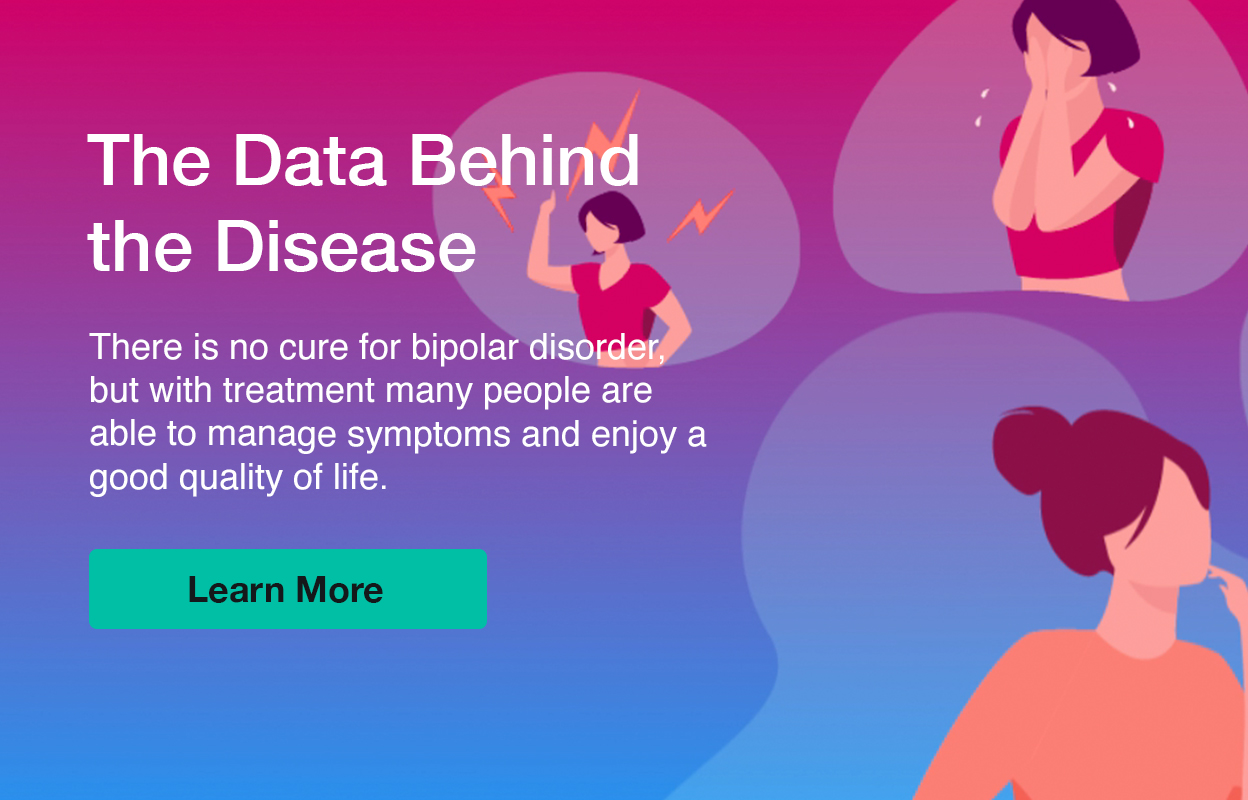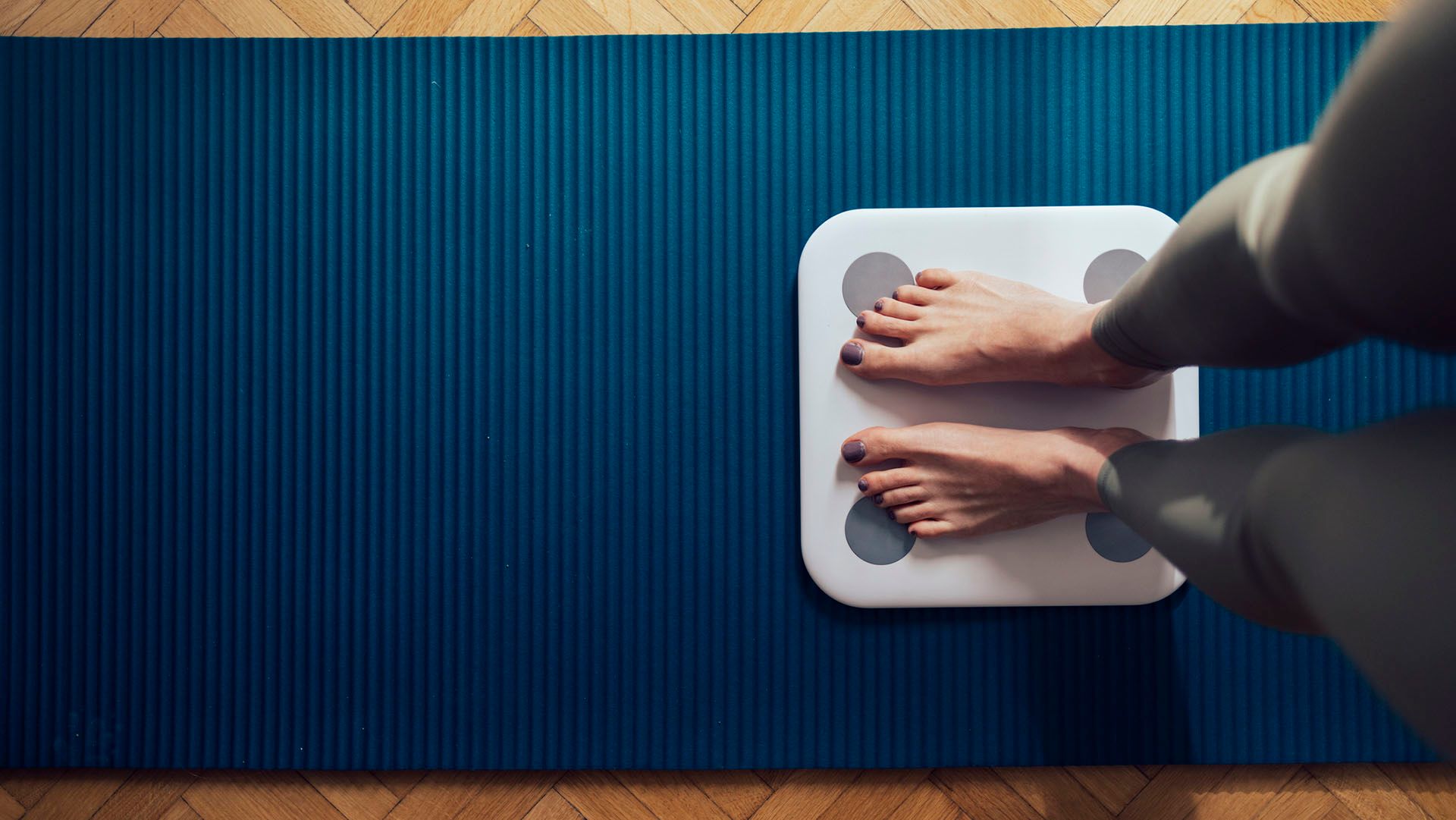Feeling hopeless, losing interest in things, struggling to make decisions, and having to drag yourself out of bed every morning—these are the classic symptoms of depression. But they can also be signs of another disorder, bipolar disorder. Because bipolar disorder and depression share many signs and symptoms, bipolar disorder is often mistaken for depression, even by healthcare professionals.
Equal opportunity illness
Nearly 3% of adults suffer from some form of bipolar disorder. And the disease does not discriminate—it's found in all races, ages, and ethnic groups, and it affects an equal number of men and women. The condition tends to develop in late adolescence or early adulthood. For some people, symptoms appear during childhood.
Misdiagnosis
Unfortunately, many people with bipolar disorder suffer for years before they are correctly diagnosed. In fact, nearly 7 of every 10 people with bipolar disorder are misdiagnosed at least once. And women are far more likely than men to be mistakenly told they have depression or schizophrenia.
Why? Any or all of the following factors could be at play:
- The symptoms of bipolar disorder can mimic the symptoms of depression. This is especially true of bipolar disorder II, which is characterized by severely low mood swings combined with phases of subtle mania (called hypomania). Bipolar disorder can also mimic the symptoms of anxiety disorders, obsessive-compulsive disorder (OCD), attention deficit/hyperactivity disorder (ADHD), and schizophrenia.
- Bipolar disorder can be masked by coexisting mental health conditions, such as substance abuse problems, panic disorder, OCD, posttraumatic stress disorder (PTSD), and anxiety disorders.
- People don't always provide a complete picture of their symptoms to their doctors. It's possible to dismiss a good mood or a bout of depression as normal, even though it may be happening cyclically, so bipolar disorder can easily be missed by doctors.
Is it hypomania?
Hypomania episodes are shorter, less intense manic episodes. At least 4 days of any of the following symptoms could be considered hypomania:
- Changes in behavior, dress, or speaking habits
- Irritable mood
- High energy
- Decreased need for sleep
- Racing thoughts
- Difficulty concentrating
- Increased pleasure-seeking behavior (shopping, sex, socializing, etc.)
- Increased productivity and goal-oriented activity
Treatment
It's not entirely clear what causes bipolar disorder. Research suggests it is a combination of genetics, environment, and abnormalities in areas of the brain that control emotion. While medical researchers are still searching for answers about the cause, research has already found effective treatments for the condition Treatment for bipolar disorder often involves a combination of psychotherapy and medications, and is typically overseen by a psychiatrist, a medical doctor who specializes in the treatment of mental health disorders.
Treatment begins with getting an accurate diagnosis. If you have been diagnosed with bipolar disorder or depression, it's essential that you work with your healthcare providers and follow your treatment plan. If you are experiencing any of the symptoms described above, make an appointment with a healthcare provider—the first step to getting better is getting an accurate diagnosis.





